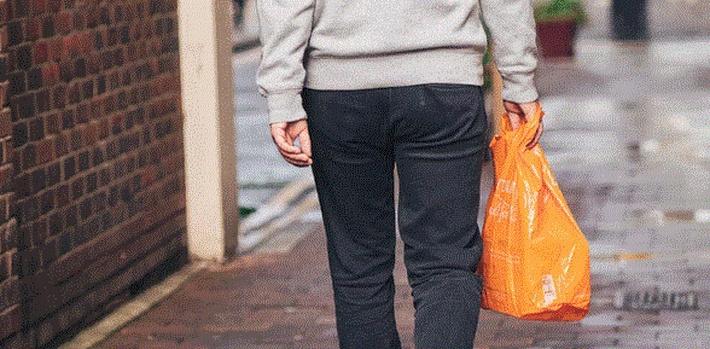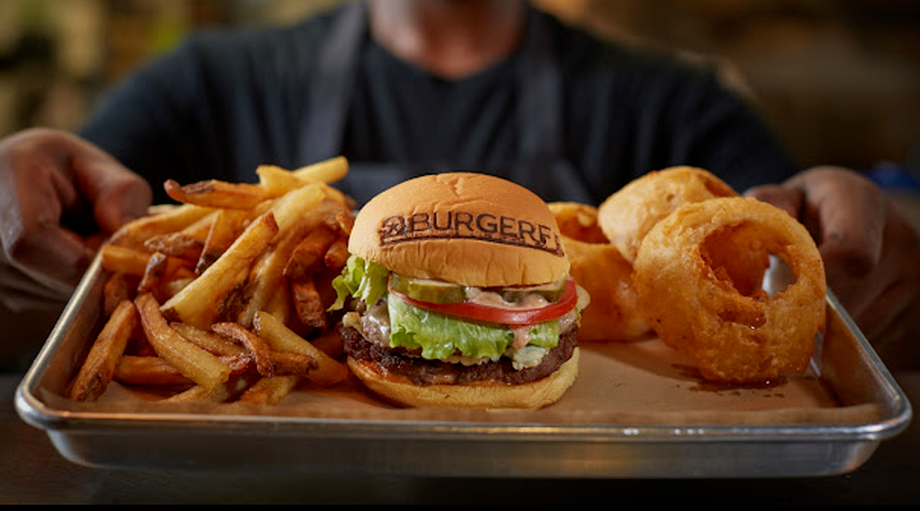PHILADELPHIA - Reusable shopping bags are becoming more popular every day. According to the Environmental Investigation Agency (EIA) and Greenpeace, the top 10 grocery chains alone sold 1.5 billion plastic reusable bags in 2018 - an average of 54 bags per household. Yet those reusable bags are being replaced regularly, meaning that we are nearing the end of their usefulness.
However, the idea that reusable bags are helping the environment is not without risk. Studies have shown that reusing plastic bags actually increases the number of bacteria in them. Reusing plastic bags also exposes consumers to these harmful bacteria, which can spread from checkout lines to shopping carts. The problem is so severe that there is no easy solution. We must stop using plastic bags entirely.
Reusable plastic shopping bags are a great way to save money. Most of us already have plastic bags in our purses, and the reusability of reusable bags allows us to use them many times. These reusable plastic bags are marketed as eco-friendly for environmentally conscious shoppers. But are they really making the problem worse? Let's find out.
Are Reusable Plastic Shopping Bags Making the Problem Worse Not Better?
Many people believe reusable plastic shopping bags solve the pollution crisis. However, there are many reasons to question the impact of these products on the environment. One of the biggest reasons is the cost.
Most reusable bags are cheap and can be thrown away after two or three uses. In fact, many shoppers buy these bags only once and then toss them afterward. But is this really the best solution?
Research shows that most of these plastic bags end up in landfills. They also end up as litter in landfills, on the land, and on water. This means that they contaminate recycling centers. Although dumps are relatively contained, many plastic bags are not captured. They float through the soil and are ingested by organisms. Animals and humans can be affected by the chemicals in plastic bags.
The Environmental Investigation Agency (EIA) has tracked the amount of plastic bags sold in the UK. In 2018, the top ten grocery stores sold over 1.5 billion reusable plastic shopping bags. This is equal to 54 plastic bags per household. Despite these statistics, the industry is not doing enough to stop the influx of these products. So, it's clear that reusable plastic shopping bag use is not suitable for the environment.
The biggest concern about reusable plastic bags is the cost of replacement. The price of a single-use bag is still only a couple of cents, so the cost of the reusable bag is just a few cents more often too low to discourage frequent use. Plus these bags are not sustainable and are expensive to produce. They are often only used a few times.
While reusable plastic shopping bags have been a trend for several years. During their initial introduction, they quickly became popular in places like the UK. They were the first to be introduced and have been a popular choice for many shoppers. But the fact still remains that reusable plastic bags may not really reduce the amount of waste in landfills, but the fact is they aren't recyclable at all.
.




